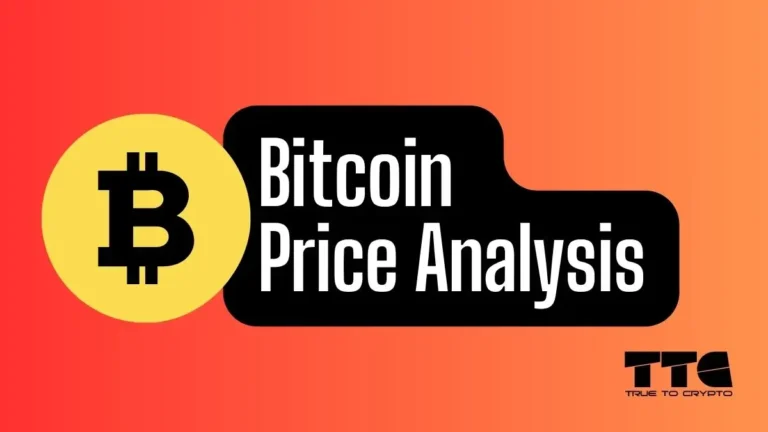Hong Kong’s cryptocurrency landscape took a significant leap forward on April 6, 2025, as the Securities and Futures Commission (SFC) announced that regulated firms can now offer staking services. With Bitcoin trading at $75,730 after a recent dip below $75,000 and the global crypto market cap hovering near $2 trillion, this move underscores Hong Kong’s ambition to solidify its status as a digital asset hub. The decision, unveiled at the Hong Kong Web3 Festival, comes with strict guidelines to balance innovation with investor protection, reflecting a maturing regulatory stance.
Staking, a process where crypto holders lock up assets to support blockchain networks and earn rewards, has been a gray area in many jurisdictions. The SFC’s new framework allows licensed virtual asset trading platforms (VATPs) to provide these services, a shift from its earlier cautionary stance—seen in 2024 warnings against unauthorized staking schemes like Floki. Now, platforms must secure SFC approval, maintain custody of staked assets, and implement robust safeguards, including transparent risk disclosures about slashing penalties, lock-up periods, and hacking vulnerabilities.
The policy aligns with Hong Kong’s broader crypto push. Since launching Asia’s first Bitcoin and Ethereum spot ETFs in April 2024, the city has doubled its crypto licenses in 2024, per industry trackers. The SFC’s “ASPIRe” roadmap—focusing on access, safeguards, products, infrastructure, and relationships—aims to expand offerings like staking and derivatives while tightening oversight. Cristina, SFC’s Executive Director of Investment Products, emphasized at the festival, “This expands regulated services while prioritizing asset protection through compliance.”
Market response was swift. Posts on X buzzed with optimism, predicting a boost for platforms like Crypto.com, already “deemed licensed” under SFC’s June 2024 transitional list. Bitcoin held steady post-dip, but altcoins like Solana (SOL) ticked up 1.5% to $144, hinting at staking-driven interest. The move could also lift Hong Kong’s ETF ecosystem—spot crypto ETFs may now stake assets via licensed platforms, capped to manage liquidity risks, per revised SFC fund guidelines.
Challenges remain. South Korea’s exchange bans and the EU’s MiCA framework highlight global regulatory patchwork, while Trump’s April 2 tariffs stoke economic uncertainty—factors that sank BTC below $75,000 days ago. Locally, platforms must navigate strict rules: segregating client funds, conducting audits, and ensuring AML compliance. Yet, with staking yields often hitting 5-10% annually versus near-zero fiat savings, the appeal is clear for Hong Kong’s 11 SFC-approved firms.
This could reshape the region’s crypto scene. By blending innovation with oversight, Hong Kong aims to rival hubs like Singapore, where staking is restricted for retail, and the U.S., where the SEC deems it a security. For now, it’s a calculated step forward in a volatile $2 trillion market.
Disclaimer: The information provided on or accessed through TrueToCrypto.com (the “Website”) is for general informational purposes only and is obtained from independent sources that are believed to be reliable. However, TrueToCrypto.com, its owners, affiliates, officers, employees, and agents (collectively, “We,” “Us,” or “Our”) make no representations or warranties, express or implied, as to the accuracy, completeness, timeliness, reliability, or suitability of the information contained on or accessed through this Website. Further read Disclaimer.








